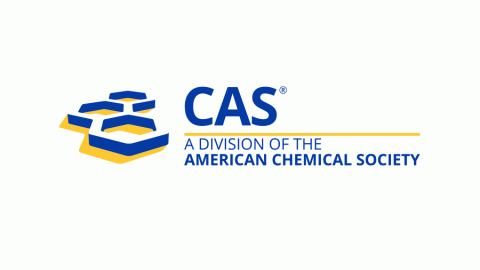Effect of Ascorbic Acid Foliar Application on Yield, Yield Component and several Morphological Traits of Grain Corn under Water Deficit Stress Conditions
DOI:
https://doi.org/10.15835/nsb234717Keywords:
ascorbic acid, corn, water deficit stress, yield and yield componentsAbstract
In order to study effect of ascorbic acid foliar application on morphological traits, yield and yield components of grain corn under conditions of water stress, an experiment was conducted in Tarbiat Modares University, Tehran, Iran in 2006 growing season. Experimental design was RCBD (Randomized Complete Block Design) and treatments were sat in split-split plot arrangement. Water deficit stress treatment with three levels (no stress, vegetative phase stress and reproductive phase stress) was allocated to main plots. Ascorbic acid was used at two time (vegetative phase and reproductive phase) and four concentration (0, 50, 100 and 150 mgl-1) as sub plots and sub-sub plots, respectively. The results demonstrated that water deficit stress and ascorbic acid foliar application had significant effect on upon traits. Water deficit stress significantly decreased dry or fresh weight of plants at two growing phases, but leaf area was just decreased due to water deficit stress at vegetative phase. Regarding yield and yield components, a significant decrease was observed when plants were water stressed. It’s notable that final yield was more affected when plants were stressed at reproductive phase than those were stressed at vegetative phase. Ascorbic acid foliar application increased stem and leaf dry weight and leaf fresh weight. In addition, an increase was observed in grain weight when plants were treated by 150 mgl-1 ascorbic acid at two growing phases and no stress and vegetative stress. The highest infertile grains were observed in reproductive stress and without ascorbic acid plots while ascorbic acid foliar application led to increase of grain fertility. In general, these results suggests that ascorbic acid foliar application decreases adverse effects of water deficit stress and improves growth and production at normal and stressed conditions.
Metrics
Downloads
Published
How to Cite
Issue
Section
License
Papers published in Notulae Scientia Biologicae are Open-Access, distributed under the terms and conditions of the Creative Commons Attribution License.
© Articles by the authors; licensee SMTCT, Cluj-Napoca, Romania. The journal allows the author(s) to hold the copyright/to retain publishing rights without restriction.
License:
Open Access Journal - the journal offers free, immediate, and unrestricted access to peer-reviewed research and scholarly work, due SMTCT supports to increase the visibility, accessibility and reputation of the researchers, regardless of geography and their budgets. Users are allowed to read, download, copy, distribute, print, search, or link to the full texts of the articles, or use them for any other lawful purpose, without asking prior permission from the publisher or the author.













.png)















